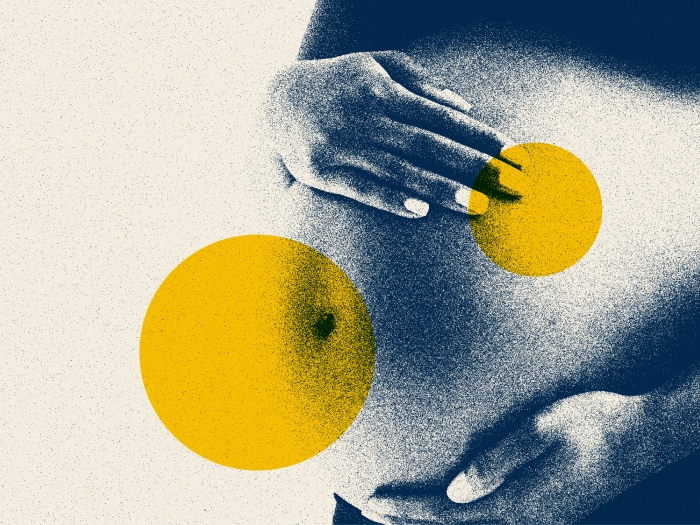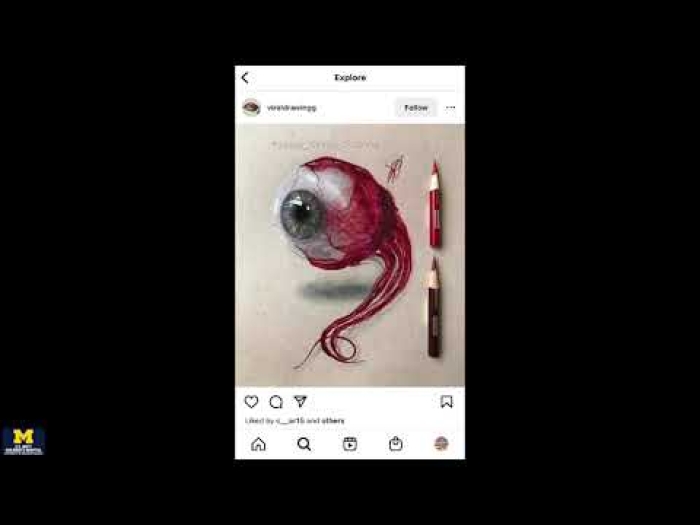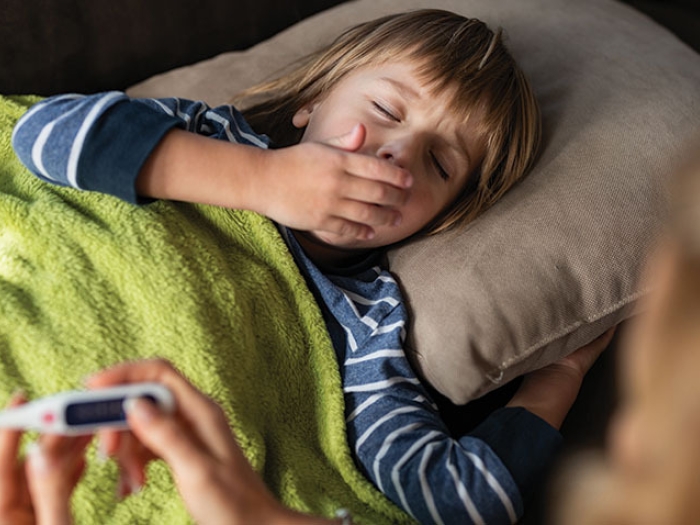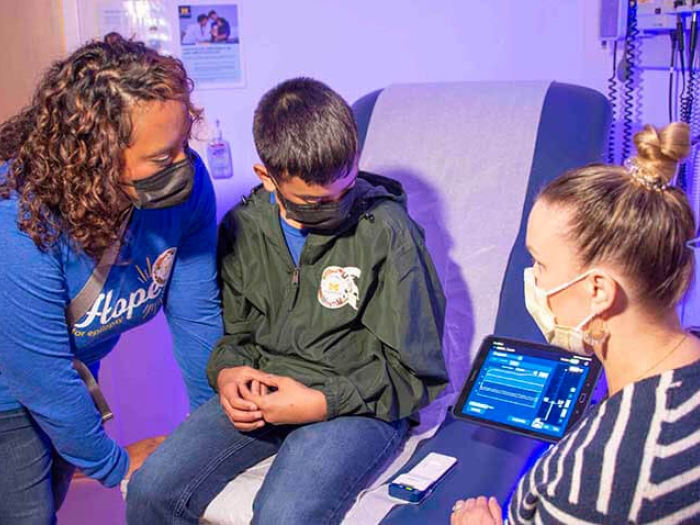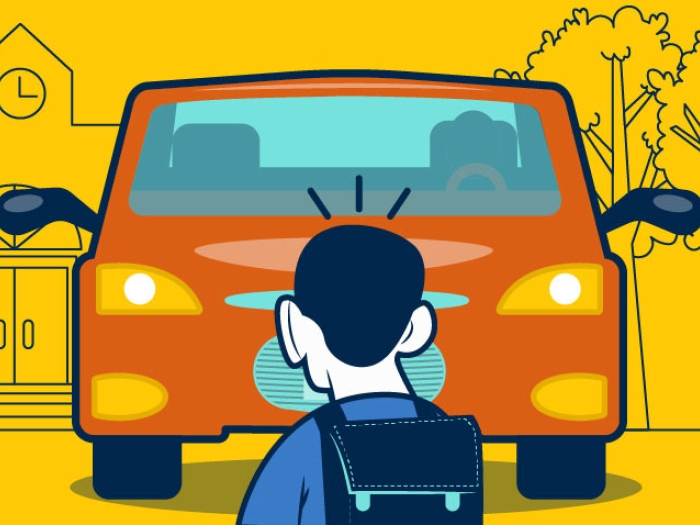Four youngsters in a tiny Michigan town each battled severe illness at U-M’s Mott Children’s Hospital. Now, they’re all in the same first-grade class.
12:27 PM
Author |

In the rural village of Pewamo, Michigan, the first-grade roster at St. Joseph School this year is particularly special.
That's because four of the pupils in Connie Warczinsky's classroom have faced serious illness and beat the odds.
Thomas Kramer had his first of three open-heart surgeries at 3 days old.
Brody Smith began fighting leukemia just as he was learning to talk.
Kaine Simon endured a lengthy surgery on his skull at 5 months old.
And Madeline George's biggest gift came two days after her first birthday: a new heart.
"Thinking about how much they have gone through in their short lives is just hard to even fathom," says Kara George, Madeline's mother. "I truly believe that they will be friends forever."
In many ways, the four young classmates are no different from their peers. Thomas likes Lego and Thomas the Tank Engine play sets. Madeline loves crafting, trampolines and Barbie. Kaine is a die-hard Michigan State University fan. Brody is often found on a baseball field or playing Minecraft.
At St. Joseph, they've been nicknamed the "miracle class."
But at the University of Michigan's C.S. Mott Children's Hospital, where each received treatment — sometimes unknowingly at the same time — they share another title reflecting their shared courage: "Little Victors."
Maddie's story
Kara George knew something was wrong when her 6-month-old daughter completely lost interest in food, even vomiting after drinking her bottle.
The baby's pulse, meanwhile, was too fast. That required Kara to periodically wake her child during sleep.
After several emergency room visits and a series of tests, the family's fears were confirmed. There was a problem with Maddie's heart.
Madeline was diagnosed with restrictive cardiomyopathy — the rarest form of cardiomyopathy, a condition that prevents the heart from pumping blood properly and leads to heart failure.
There was only one cure: a heart transplant.
The family was devastated and worried not only about whether Maddie would receive a heart but also how her body would accept it.
"The most difficult part of this journey has been all the unknowns," says Kara, herself a nurse.
Maddie spent nearly two months in the Pediatric Cardiothoracic ICU at Mott on medications that helped keep her heart from failing.
Just after turning 1, she received her greatest gift: a heart transplant at the Congenital Heart Center at Mott.
"Madeline was so incredibly resilient and strong," says Kara. "Her strength was such an inspiration to my husband and me, helping us get through all the hard times."
The transplant, while vital, isn't a permanent fix. Maddie will need a new heart someday.
For now, though, she's a ball of energy who enjoys riding her bike, swimming, and playing with her friends and family. People would have no idea, her mother says, that a transplant ever took place.
And that's OK.
"She was too young to remember any of it," Kara says. "I'm not sure that Madeline truly understands how miraculous she and her classmates really are."
Although Maddie tends to be a little shy when the conversation turns to the other three boys, she considers them friends.
Her mother considers all of them blessings.
I'm not sure that Madeline truly understands how miraculous her and her classmates really are. I truly believe that they will be friends forever.Kara George
Thomas' story
When preparing for the arrival of their fifth child, Leah and Michael Kramer figured they knew what to expect.
Although no major problems arose during Leah's pregnancy, the Kramers were devastated when their youngest son came into the world.
"Thomas was born blue," recalls Michael, "as blue as my blue jeans."
The infant was quickly transferred by ambulance from Lansing, Michigan, where he was born, to the C.S. Mott Children's Hospital Congenital Heart Center.
Doctors there diagnosed Tetralogy of Fallot — a life-threatening condition that affects four parts of the heart and its ability to pump oxygen throughout the body.
Without immediate surgery, Thomas had no chance of survival.
So instead of going home to his siblings, Thomas spent the first 100 days of his life at the hospital.
At 3 days old, Thomas underwent his first open-heart surgery at Mott to rebuild his aorta. Three months later, he had two more complex open-heart surgeries.
At 4 months old, Thomas had neurosurgery at Mott to treat a separate complication called hydrocephalus (excess brain fluid). A shunt was inserted in his brain to relieve harmful pressure caused by the extra fluid.
Thomas is among five known medically documented cases in the world of babies born with his particular combination of problems who have endured attempted corrective surgery.
"The more they learned about his case, the more doctors were just astounded," Leah says.
Her son is the first-known survivor.
Thomas now has some fine- and gross-motor delays; a mild learning disorder; shortness of breath; and vision problems as a result of his past health problems.
Still, he's able to enjoy T-ball and soccer with his peers.
Helping, too, are the tight bonds and a strong support network in the family's small town. All four families from the "miracle class" even worship at the same church.
Says Leah: "We truly see him as our miracle."
Brody's story
While other toddlers his age were learning how to kick a ball, climb stairs and identify colors, 2-year-old Brody Smith faced a much bigger feat: battling cancer.
A weeks-long respiratory illness, extreme bruising and signs of lost dexterity led to a diagnosis of acute lymphoblastic leukemia, which was causing a dangerous overproduction of white blood cells.
Brody was treated in the cancer program at Mott — where, just four months after diagnosis, he received a bone marrow transplant to save his life.
But his little body experienced complications from the transplant, including the rare and deadly liver disease veno-occlusive, which led to emergency surgery and a 44-day hospitalization.
As his liver continued to degenerate despite medications, his family braced for the worst. His father, Corey, wrote then in a journal entry on CarePages.com that "Brody's healing needs to be an 'obvious' miracle."
And a miracle happened: Brody slowly responded and his body healed enough to go home.
The "little victor" just passed his 5½-year transplant anniversary.
Corey and Robin Smith describe their son as a "gregarious child who has natural leadership abilities" with an affinity for playing sports and spending time with friends.
Robin calls her child and his classmates "walking miracles."
Brody considers himself lucky to be alive but also is grateful for his doctors and the support of loved ones.
"Thank you," he says, "to the people who prayed for us."

Kaine's story
Emily and Brent Simon were just about to take their first baby home when their pediatrician delivered shocking news. Something wasn't right with the child's skull.
Their son, Kaine, had a condition called craniosynostosis, which meant the bones of his skull in his head were fused shut. That, they learned, would lead to an abnormal head shape and the potential for not leaving any room for his brain to grow.
After being referred to specialists in the Craniofacial Anomalies Program at Mott, a 5-month-old Kaine underwent an eight-hour operation that required surgeons to cut his scalp from ear to ear so that they could separate and reshape the bones in his head in a way that would help keep them from fusing back together.
"It was so overwhelming having our first child need a major surgery so early in life," Emily remembers.
But today?
"Just the scar on his head — otherwise Kaine has no memory of the surgery or anything afterward," Emily says. "Considering the big picture, we are so blessed."
Kaine likes to hunt, play with his brothers and sisters and help out on his family's dairy farm. His team of choice sports green and white.
As for the connections with his classmates, the ties seem even more divine in hindsight.
Kaine, Brody and Maddie all were born in October 2008. Thomas was airlifted to the hospital the day after Kaine had surgery. Emily recalls passing the Kramers in the halls while there.
"We are so blessed," she adds. "These four kids are doing as well as they are because of the support, prayers and love from our family, friends and community."
Top photo: Courtesy of Lindsay Wilkinson Photography

Explore a variety of health care news & stories by visiting the Health Lab home page for more articles.

Department of Communication at Michigan Medicine
Want top health & research news weekly? Sign up for Health Lab’s newsletters today!
